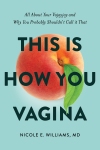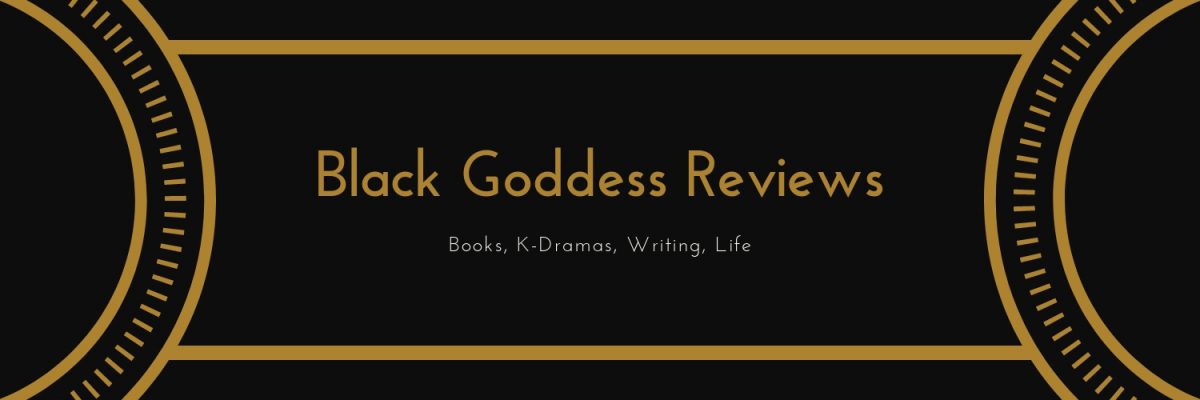Medical related titles

Patient Zero by Lydia King and Nate Pedersen
Medicine/ History/ 352 pages/ Workman Publishing Company/ ⭐️⭐️⭐️⭐️⭐️
I have always found infectious diseases to be fascinating, so I’ve read a lot of books about them (some about specific diseases and others about a range of different ones.) And I have to say, this book was one of the best I’ve read.
Firstly, the authors covered a really broad range of diseases/illnesses including, but not limited to -ergotism, Ebola, Yellow Fever, The Plague, Mad Cow Disease, Leprosy, Measles, Influenza, Rabies, and Smallpox. I think it was really clever how they chose a specific outbreak/epidemic in order to explore the disease and it’s symptoms, as well as the socio-historical context in which it occurred, discussing relevant issues such as the economic impact, or religious beliefs (a fun fact I didn’t know was that the Christian Church in Europe encouraged people to give alms to people with leprosy in exchange for prayers, so despite the fact lepers were outcast from society and shunned, they could still have some participation in spiritual life on the margins and have money to feed themselves… at least theoretically.)
These chapters are interspersed with chapters exploring concepts related to infectious disease and outbreaks, such as zoonoses, the development of germ theory, the history of autopsy, public health measures, and politicisation of plagues (such as with COVID-19.)
The authors have managed to pack in a ton of information into this book without the writing becoming too dense. It’s easy to read, and aimed at a lay audience, rather than professionals. There are heaps of full colour images to support the text as well.
If you have even a passing interest in medicine, diseases, science, public health or history, this is an excellent read.

This is How You Vagina by Dr. Nicole Williams
Medicine/ 298 pages/ Greenleaf Book Group Press/ ⭐️⭐️⭐️⭐️
This short volume, written by a gynaecologist, was an absolute eye-opener. Written in an easy to understand and engaging style, the author discusses everything we know about vaginas – covering anatomy, function, puberty, sex, pregnancy, menopause, healthy practices/hygeine, and diseases and disorders. Williams also makes it clear that there is a lot we don’t know about vaginas, because women’s health isn’t prioritised in medical research. She also spends some time exploring the history of women’s medicine (which is an absolute travesty), as well as medical racism, and how sexism and racism intersect to compound the negative impacts of both on Black bodies (and other women of colour.)
I found the information she presented, both written and visual, extremely fascinating and illuminating. I recommend this book to all readers, because frankly, this is the kind of stuff we should all know about. Half of the world’s population has a vagina, and it shouldn’t be shrouded in shame or mystery.

Casanova’s Guide to Medicine by Lisetta Lovett
History/ Medicine/ 328 pages/ Pen and Sword History/ ⭐️⭐️⭐️⭐️
I always enjoy titles from Pen and Sword, and this book was no exception. Casanova’s Guide to Medicine utilises the extensive journals, memoirs and letters written by Giacomo Casanova to explore medicine and disease during the course of his life, which spanned three quarters of the eighteenth century.
The book starts with a brief overview of Casanova’s life, before proceeding to explore different topics relating to the body, medicine, and illness. Because Casanova was a keen observer, and interested in matters of health, his writings contain a wealth of information about such topics. Lovett uses quotes as a stepping stone to explore treatments, medical theories of the time, and people’s social and cultural attitudes toward various aspects of their bodies and health.
Topics range from venereal disease, infectious diseases (such as plague and fevers), women’s health (particularly gynaecology and pregnancy related health concerns), non-infectious diseases (such as gout), and even to sexuality. The end of the book also explores the relationship and trust between patient and doctor.
The writing is easy to read, and very accessible for a general audience. I would recommend this book for anyone who has an interest in the history of health and medicine.

Plagued by John Froude
History/Medical/ 300 pages/ BenBella/ ⭐️⭐️⭐️⭐️
Plagued, by John Froude, is the exact kind of popular science book that I like. I’ve always found infectious diseases kind of fascinating, and in another life, I would have been a medical researcher. Alas, the best laid plans and all that.
Plagued is a book about pathogens. It is about the science behind them, the effects they have had on human history, and about human’s responses to them, including how to treat and prevent them. Twelve of the chapters focus on a specific pathogen: cholera, syphilis, tuberculosis, malaria, typhus, bubonic plague, smallpox, yellow fever, HIV, Spanish flu, zika/ebola, and COVID-19.
I found the writing easy to read, and the exploration of different pathogens absolutely fascinating. I also appreciated how there was a chapter about COVID, although I think that it would be appropriate to include an update in future versions of the book in a few years time.
On the whole, a great read. I look forward to purchasing a copy for myself when it is published.

2 thoughts on “4 Non-Fiction Medical Science ARC Reviews”